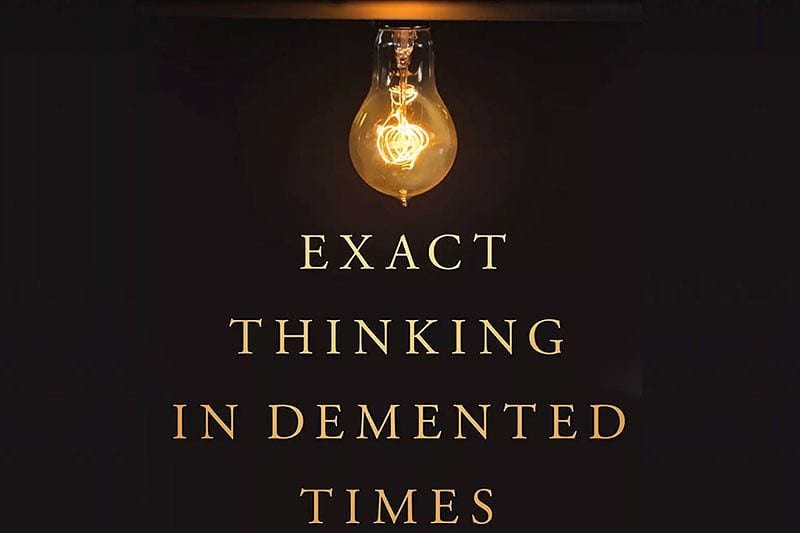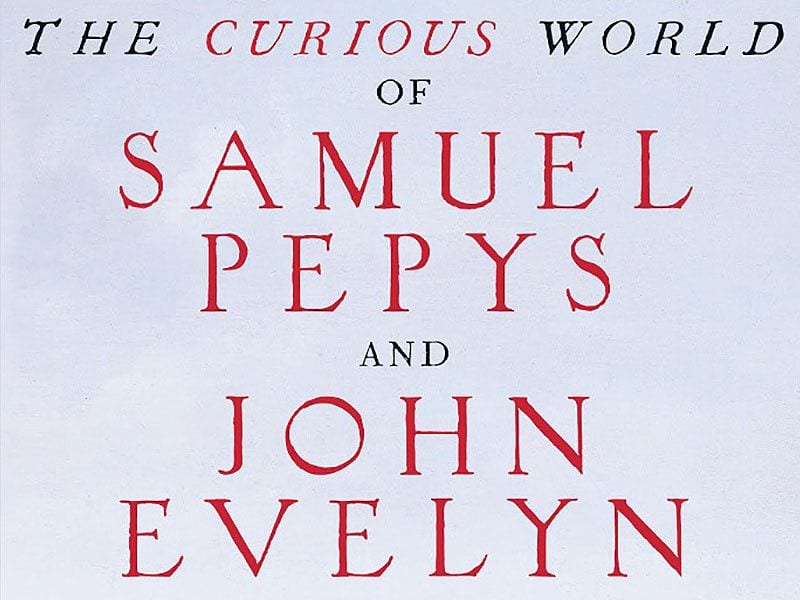
The Future Isn’t What It Was
Glenn Adamson’s absorbing survey of futurology, A Century of Tomorrows, reveals that how societies predict the future says more about the era they’re living in.

Glenn Adamson’s absorbing survey of futurology, A Century of Tomorrows, reveals that how societies predict the future says more about the era they’re living in.

Hans Kundnani’s Eurowhiteness is a take on racism from a European perspective, which is as forward-looking as it is occasionally short-sighted.

For intellectual historian Louis Menand, the Cold War gave rise to prospects and paradoxes in America, and Art was given status through essential criticism.

Anti-intellectualism in America is, sadly, older than the nation itself. A new collection of Richard Hofstadter's work from Library of America traces the history of ideas and cultural currents in American society and politics.

Daniel Horowitz's Happier? tells the story of how happiness became such a hot topic, and it shows us — at least in part — why that is such a problem.

As a history of ideas, this work is especially good at mapping the Vienna Circle's fascinating afterlife in the English-speaking countries where many prominent thinkers landed and flourished in the 20th century.

There's something characteristically English about the Royal Society, whereby strangers gather under the aegis of some shared interest to read, study, and form friendships and in which they are implicitly agreed to exist insulated and apart from political differences.

In The History of White People, historian Nell Irvin Painter suggests that we are witnessing another enlargement of the concept of whiteness rather than a transformation of America into a post-racial society, as some, at both ends of the political spectrum, like to claim.